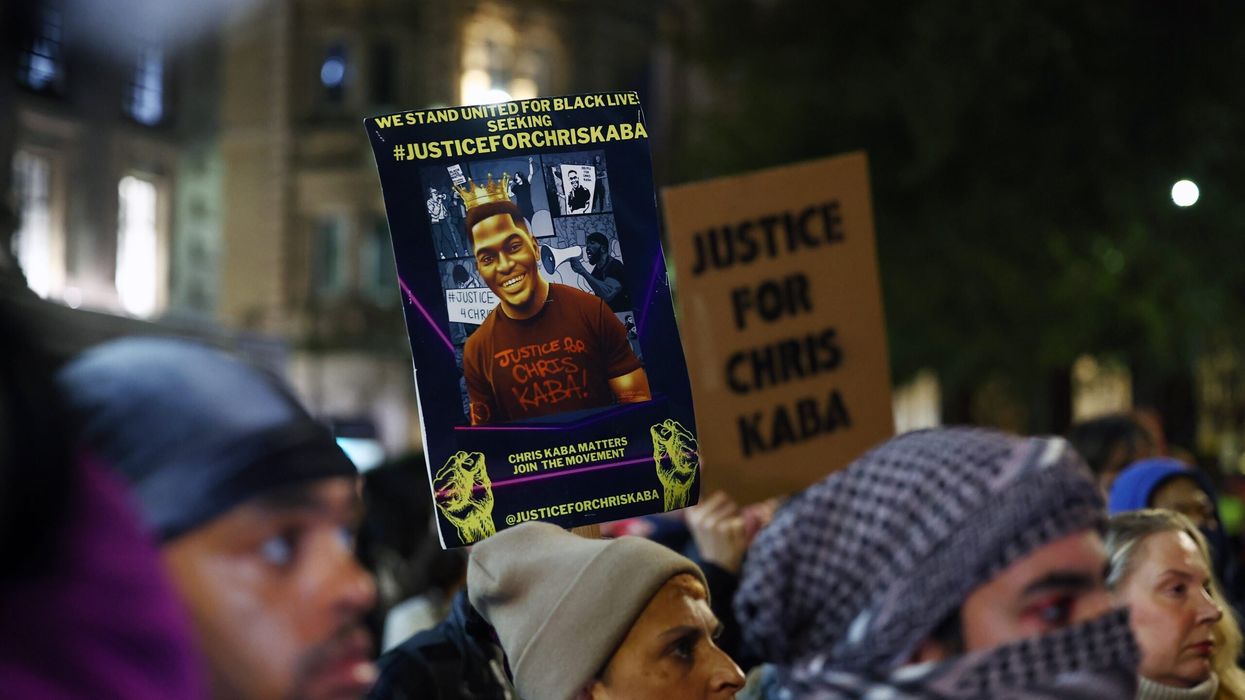CHRIS Kaba, who was shot dead by a police firearms officer in south London in September 2022, had been named as the gunman in a nightclub shooting days before his death.
Kaba, a rapper who performed under the name Madix, was shot in the head during an armed vehicle stop in Streatham on 5 September 2022.
It has now been revealed that he shot a man in both legs at Oval Space nightclub in Tower Hamlets on 30 August 2022, reported the BBC. The 24-year-old was part of the 67 drill group, which was also an infamous gang.
In the trial of the firearms officer, 40-year-old Martyn Blake, the jury was not informed of Kaba’s criminal history. Blake was cleared of murder by a jury at the Old Bailey, a decision that Kaba’s family said was "painful proof that our lives are not valued by the system."
Reporting restrictions were lifted after the trial, revealing that police were unaware of Kaba’s identity when they stopped the car. However, the vehicle had been linked to a shooting in Brixton the night before.
Blake testified that he feared one of his colleagues could be killed as Kaba tried to escape the stop, leading him to fire the fatal shot. Kaba was unarmed at the time.
During the trial of three other men involved in the nightclub shooting, Kaba was named as the gunman by the judge. He died before being charged but was later added to the charge sheet. Those convicted were sentenced to prison terms ranging from five to ten years.
Senior Metropolitan Police officer DAC Stuart Cundy supported the release of information about Kaba’s gang connections, stating that it would provide a fuller picture and reduce the potential for unrest.




